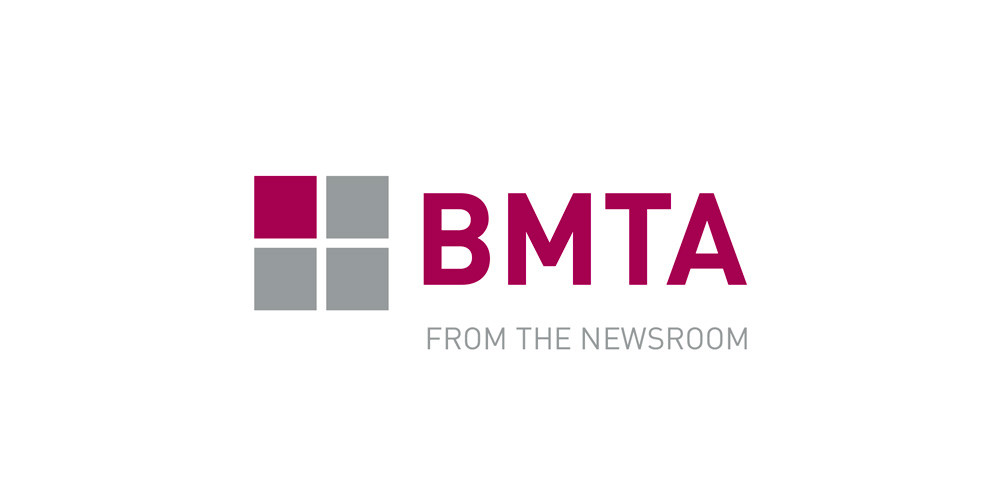
The United Kingdom Accreditation Service (UKAS) as the sole National Accreditation Body for the United Kingdom recognised by government to assess against internationally agreed standards, organisations that provide certification, testing, inspection and calibration services, had an increased responsibility to ensure that confidence could be maintained in the quality of products and services at a time of unprecedented uncertainty and change.
Initially, all but the most essential site visits were cancelled and converted to remote assessments. Many applications for conducting such assessments were trialled – Zoom, Skype, Facetime, WhatsApp for example but eventually Microsoft Teams was selected as being most suitable to provide the necessary flexibility and resilience. Additional resources were implemented for file sharing (e.g. DropBox) but SharePoint has become our standard application for transferring large volumes of information.
Policies and procedures were rapidly developed to support remote assessment in extraordinary circumstances (UKAS Technical Policy Statement TPS73 for example) which were then adopted by international bodies such as the International Accreditation Forum (IAF), the International Laboratory Accreditation Cooperation (ILAC) and the European Co-operation for Accreditation (EA) into their range of guidance and support documents.
The success of remote assessment has been phenomenal and is as much a testament to the hard work of accredited organisations to engage with and support the process as it is to the development of the programme by UKAS. Customer satisfaction with the revised approach has been at a “world-class” NPS level throughout the pandemic and whilst UKAS has yet to fully evaluate the success of remote assessment using the outcomes of subsequent on-site visits, the numbers and themes of non-conformities identified remotely is not hugely different from that which would normally be expected. Remote assessment, therefore, remains a tool that will be retained for the future. It will form an integral part of a UKAS objective to implement an approach to assessment that is likely to result in changes to the frequency of assessment that will be determined by evaluating risk-based criteria for each customer.
With lockdown, UKAS also received an unprecedented number of new applicant laboratories, working to support the national Covid testing programme. In specifying accreditation for the private testing and sampling, UK Government has been instrumental in encouraging over 500 laboratories to apply for accreditation and set extremely demanding deadlines of around six months for these organisations to gain accreditation. The challenges which have consequently arisen have been significant but have driven equally significant changes in UKAS processes in order to ensure that the Department of Health and Social care (DHSC) target deadliness can be met.
The vast majority of the Covid-19 applicant laboratories are unfamiliar with accreditation and its requirements, so UKAS developed a three-stage approach to accreditation to guide them through the process. Stage 1 is the application stage; it requires the applicant to submit basic documentary evidence to UKAS to show that it has a legal identity and prompts for basic quality system information. Stage 2 is a gap analysis that is conducted by the applicant in response to 13 key questions posed by UKAS and stage 3 is a full initial assessment to determine the laboratory’s competence and compliance against the requirements of ISO 15189 and/or ISO/IEC 17025. Feedback and support are provided at all three stages to ensure the customer is able to navigate from application to grant in a controlled, stepwise manner.
To support applicants through the process a series of web-based training modules have been created to explain key requirements of the standards and other supporting guidance. These PASS eLearning modules are broken down into short, easy to understand topics with some useful guidance and answers to frequently asked questions. They guide the customer from application through to grant of accreditation and are freely provided to all applicants – it is our intention to further develop these modules and roll them out more widely to other applicant organisations in the coming months.
In addition to the implementation of PASS, UKAS has developed a reporting structure (PAT) that allows all reporting to be conducted using a single template rather than the multiple assessment reports and improvement action reports that are a feature of its normal process. This single report ensures that all information is retained centrally and speeds up not only the assessment but also the independent decision-making process. UKAS is currently testing a unified reporting structure for all customers which is expected to be rolled out in the Autumn of 2021.
Finally, for the Covid-19 applicants, instead of a time-consuming exchange of evidence to clear non-conformities identified at the initial assessment, UKAS is conducting a close-out assessment via MS Teams where the assessors can ensure that appropriate action has been taken by the applicant laboratory to address the issues – this is working well and is another of the efficiencies that have been developed during lockdown that UKAS is seeking to embed in its toolbox going forwards. The intention throughout has been to simplify and de-mystify the background processes associated with granting, maintaining and renewing accreditation, and UKAS will continue to critically review its procedures to ensure that they remain simple, efficient and effective.
